Realities of Socialism
The Realities of Socialism is a multimedia project—a collaboration between organizations in Canada, Australia, the United States and United Kingdom—to educate people about the experiences of socialism that was imposed on tens of millions of people across the world throughout the 20th century. Here you will find data-driven videos, infographics, short videos and informative studies about socialism’s history in Poland and Estonia, Sweden and Denmark’s short experiment with socialism, and Singapore’s unique approach.

The Realities of Socialism
Historically, how did people suffer under socialist rule? Can countries transition back to market democracy? Why do young people in western countries favour socialism over capitalism? Do they even know what socialism is? And are Sweden and Denmark really the socialist utopias they’re made out to be?
Join The Wall St. Journal’s Mary O’Grady and many other experts as they dive into these topics and more.
Mini-Documentaries
The Realities of Socialism project comes to life in these mini-documentaries featuring the book authors and The Wall St. Journal’s Mary O’Grady.
Podcast
Listen to the Realities of Socialism Podcast with host Rosemarie Fike.

Join economist Rosemarie Fike in conversation with leading academics, thinkers and authors about the realities of socialism as it was imposed on millions of people throughout the 20th century. How did people suffer under socialist rule, and how did they prosper once the Soviet Union fell? Are Sweden and Denmark really the socialist utopias they’re made out to be? And why do young people in western countries favour socialism over capitalism? Do they even know what socialism is? All this, and more.
Lesson Plans
More on Socialism: Gauging People's Preferences
Support for Socialism: Polling Results
In many western countries, including Canada, Australia, the United States and United Kingdom, young people are expressing a preference for profound economic and social change including socialism, presumably due in part to their lack of real-world experience with genuine socialism and the misery it imposed. According to Perspectives on Capitalism and Socialism: Polling Results from Canada, the United States, Australia, and the United Kingdom, support for socialism ranges from 46 to 53 per cent among Canadians, American, Britons and Australians aged 18-34 years old, but it drops to between 19 and 38 per cent among people over 55.
There’s also the question of what its 21st-century supporters actually mean by “socialism.” The traditional definition—government controlling the means of production—garners the least support among socialist supporters today who, instead, think of socialism as more government programs or even a guaranteed minimum income.
An Introduction to Socialism vs. Capitalism
In An Introduction to Socialism vs. Capitalism, Professor James R. Otteson sets the terms of the debate between socialism vs. capitalism. What exactly do we mean by “capitalism,” and what do we mean by “socialism”? We also need to understand what the goals are that our system of political economy should champion, and what the ranking is of those goals. And then we need to understand what means we really have available to us to achieve those goals, or at least make progress toward them, how likely the various means are to make that progress, and the costs or tradeoffs, including moral costs and tradeoffs, that those means entail.
Acknowledgements
Made possible by generous grants from the John Templeton Foundation, the Lotte and John Hecht Memorial Foundation and the FI Foundation.








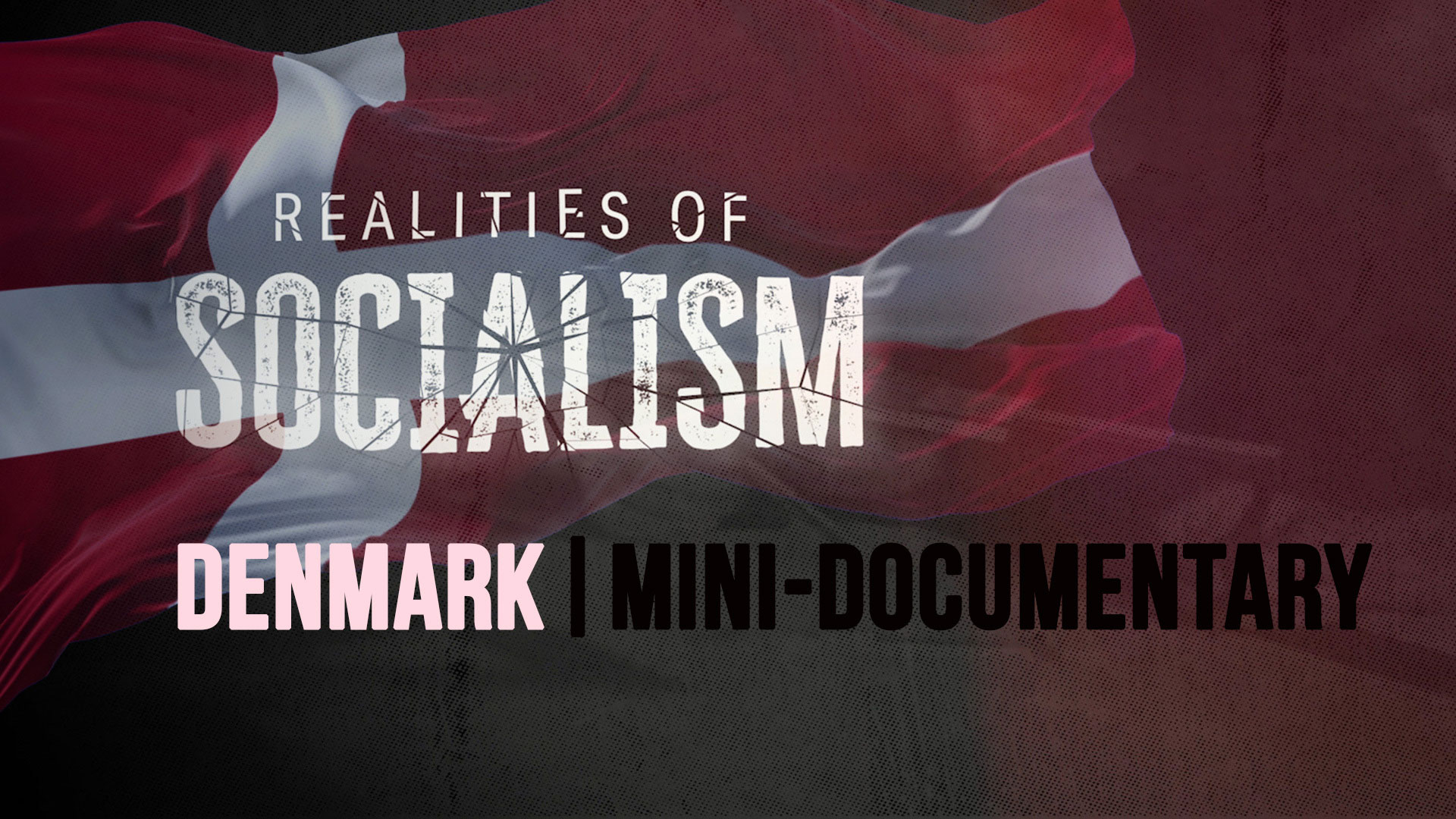
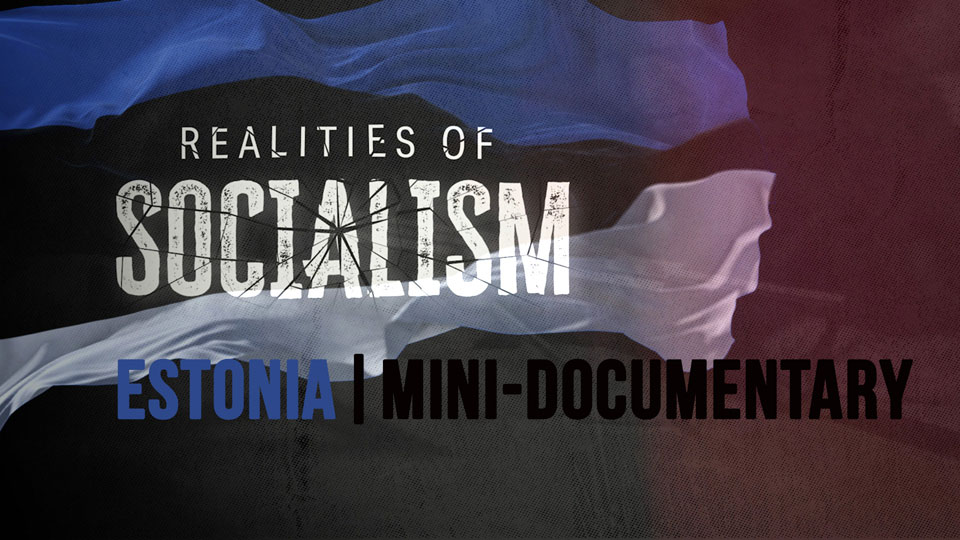
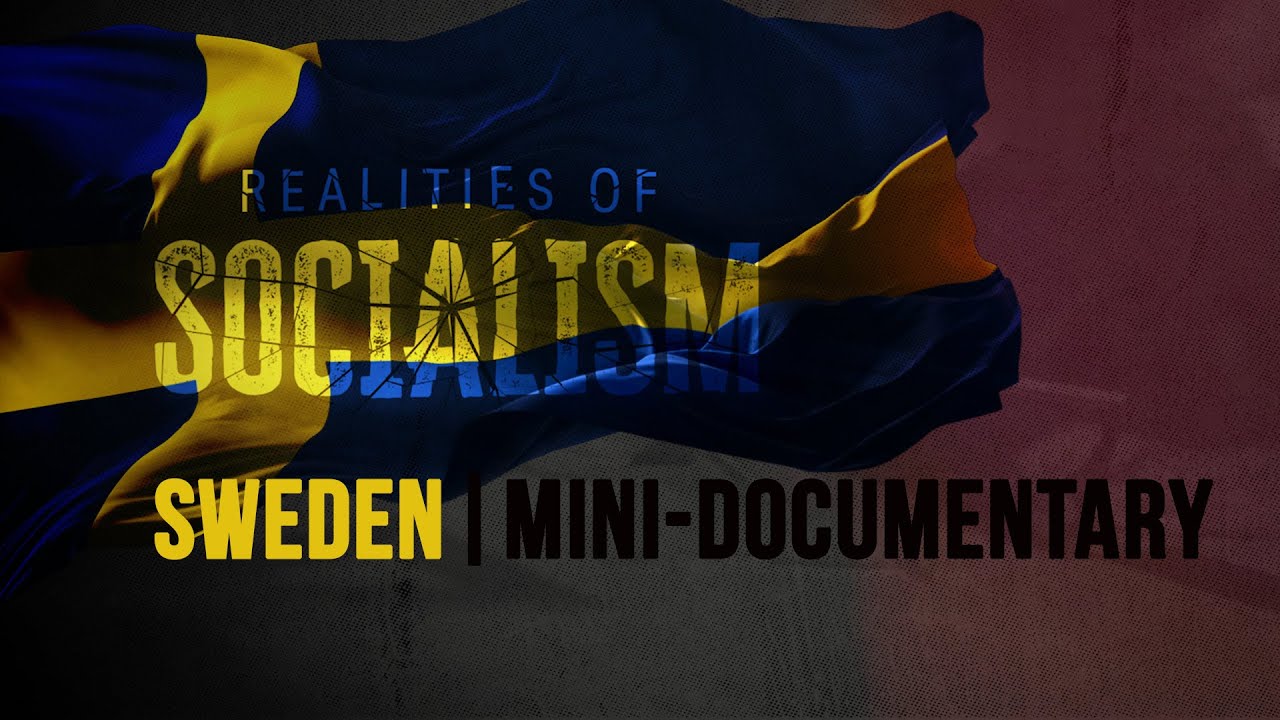
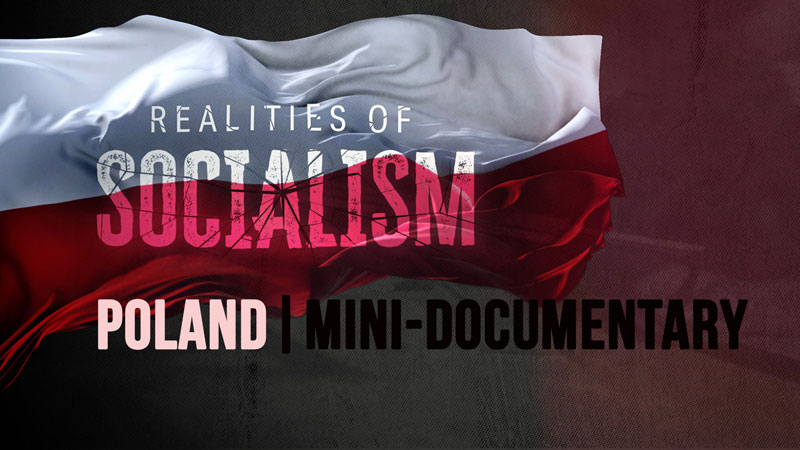
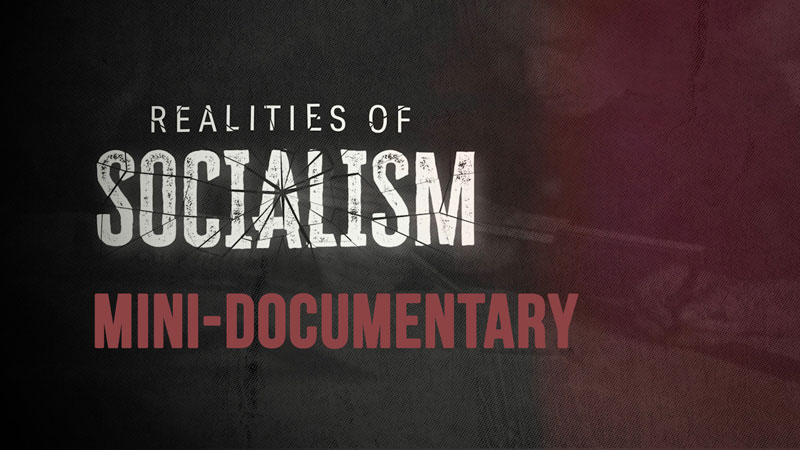
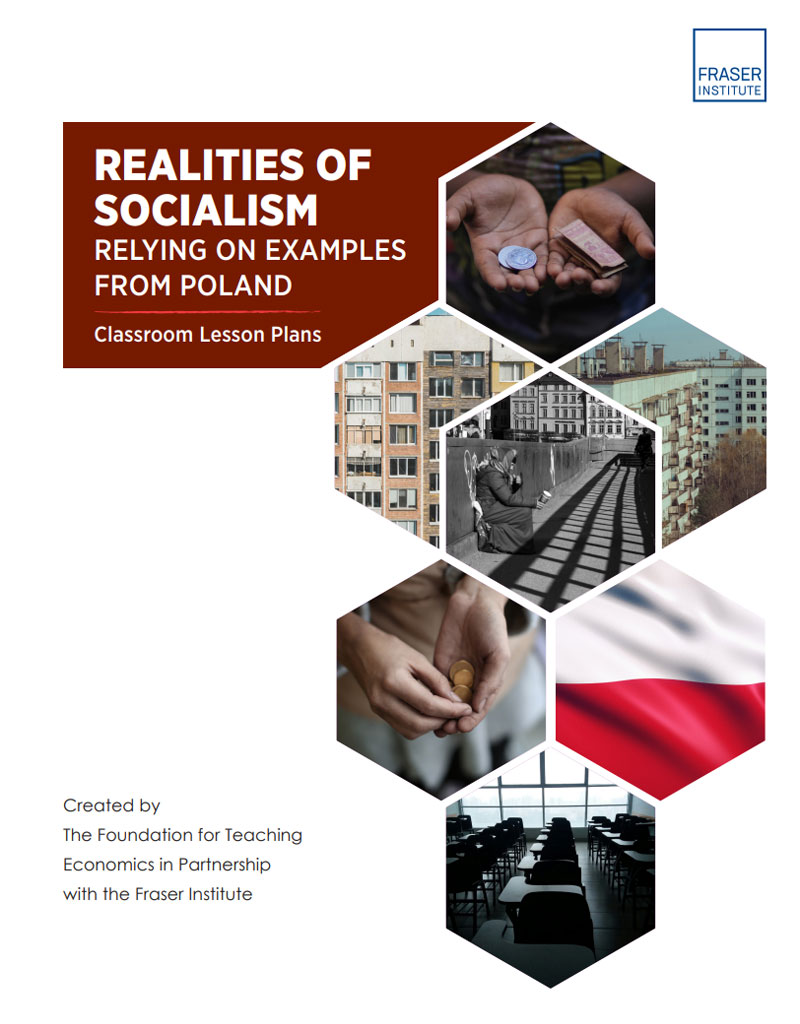
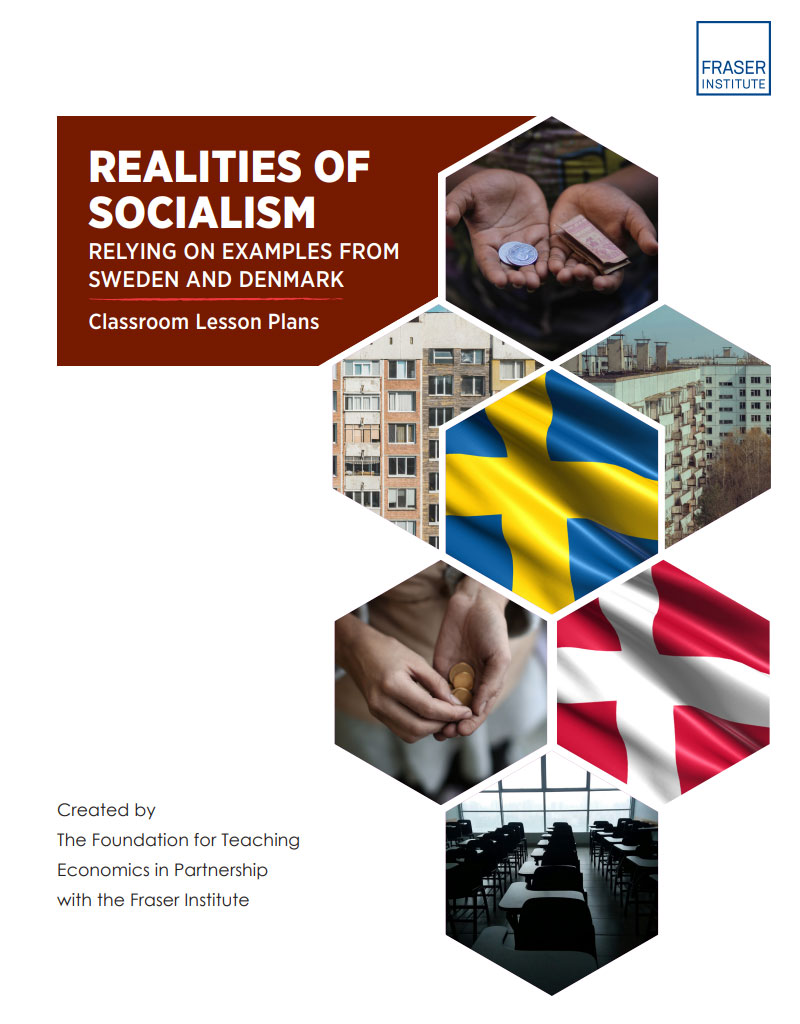
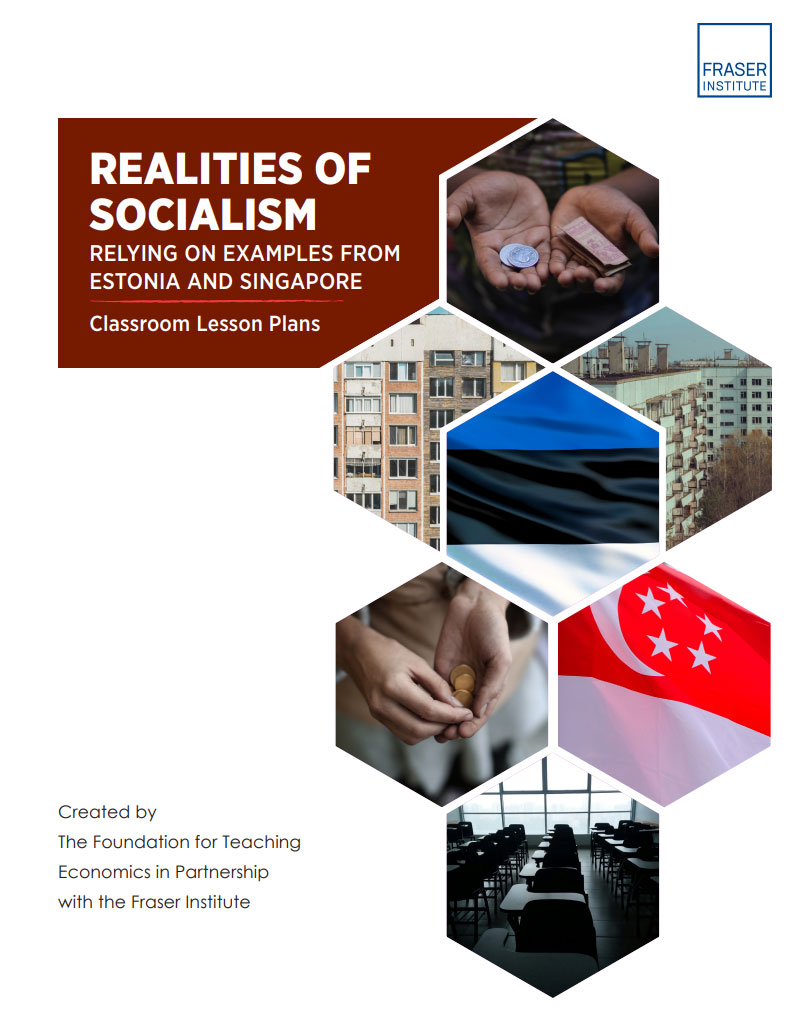
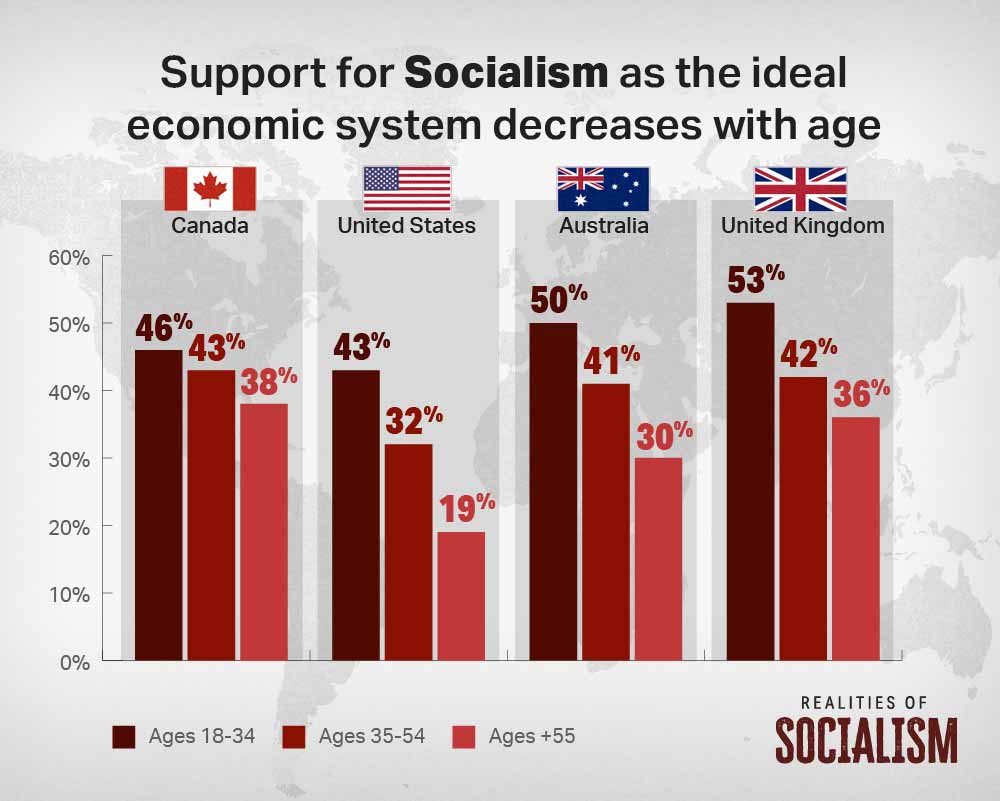





Commentaries
Op-ed
Industrial Policy in 2024—another term for socialism?
by Matthew D. Mitchell and Steven Globerman
Appeared in Inside Sources, June 12, 2024
Op-ed
Oakville teens should learn about communism before promoting it
by Matthew D. Mitchell and Steven Globerman
Appeared in the Toronto Sun, May 28, 2024
Blog Entry
Central planning from the inside—an interview with a Soviet-era economist
by Matthew D. Mitchell
May 25, 2024